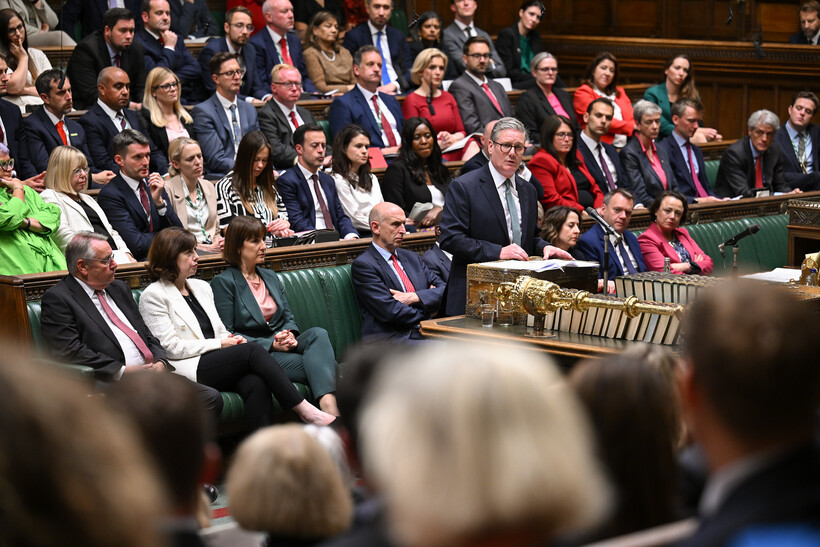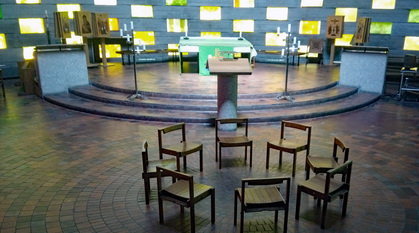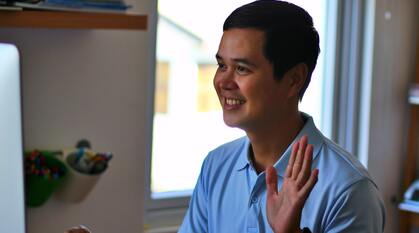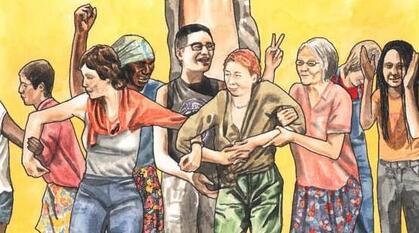Charting a path post-election
Billy Vaughan writes about how we can best influence the new government and parliament more generally.

On 4 July, the Labour party won the election with 410 MPs and an effective working majority of 181. It won a popular mandate based on "change", and "a government of national service", after nearly a decade and a half of Conservative rule in one form or another. Where and, perhaps more importantly, how, do Quakers fit into this era of "change"?
A changed parliament
Some good news first: there is now quite possibly the highest number of Quaker MPs in any parliament ever. As far as we are aware, six MPs who have publicly identified themselves as Quakers have been elected from three different parties (Labour, Lib Dem and Green Party). Four out of the six are new MPs. We are hoping that this is an opportunity to help bring Quaker values more into public life.
This has also been a record-breaking parliament in other respects:
- A record number of women were elected, with 264 female members of parliament. This represents 40.6% of all MPs and is a significant improvement on the 34.2% in 2019.
- The proportion of MPs from ethnic minority backgrounds is now 14%. This is the closest it has ever been in modern times to reflecting the UK's diversity (16% of Britons identified themselves with "an ethnic group other than White" in recent censuses).
- This parliament includes the biggest share of state educated MPs since 1979.
- We have our first MP born in the 21st Century – 22-year-old Sam Carling, MP for North West Cambridgeshire.
It remains to be seen whether this new mix of perspectives and experiences will result in legislation that represents groups that in the past have been neglected when it comes to lawmaking.
Engaging with the new parliament
One of the many benefits of working in parliament on behalf of Quakers is that our reputation often precedes us. Many veteran MPs know (and many new MPs will doubtless soon learn!) that Quakers are a very active faith group. When we meet with MPs, the first thing they often tell us are stories about the Quaker constituents they have met with, or an event they held at a Quaker meeting house in their constituency.
This is a great advantage to have, because the democratic system we live in rewards those who organise and participate in the process, even if at times it may not seem like it. Quaker influence comes not from malign leverage or political donations, but grassroots enthusiasm and pressure at the constituency level.
Our challenge, both as staff and as Quakers, is to channel this enthusiasm in the most effective way to move policy towards the peaceful and compassionate society we want to see. While many Friends feel strongly about different issues, nationally our strategy has focused on four key areas: democracy, climate justice, peace and migration, so that these issues cut through to decision-makers more clearly.
In the next few weeks, we are hoping to put together some greetings cards for Friends to send to their newly elected MPs, along with a guide on how to approach your MP and effectively advocate for love and truth. We have received a lot of positive feedback on the materials we provided ahead of the general election. We heard during the recent Yearly Meeting session on truth and integrity in public life that writing to MPs to reinforce positive attitudes should be an important part of our way forward.
Looking ahead
As the public affairs team, it is our responsibility to help advocate on behalf of Friends, and to help Friends to strengthen their own advocacy and lobbying efforts. We had the pleasure of meeting many politically engaged Friends in recent weeks, and got a sense of excitement at a potential reset in the wake of the election.
Looking ahead to the medium to long-term, it is clear to see that the new government will be busy implementing a packed agenda. Whether that agenda is ambitious enough, or too ambitious, or going in the wrong direction completely, is a matter of perspective.
As we saw at Yearly Meeting, Quakers are concerned about equality, accountability, and integrity in our society. We will continue to push the government and parliament in this direction, and work with Friends who want to do the same.


